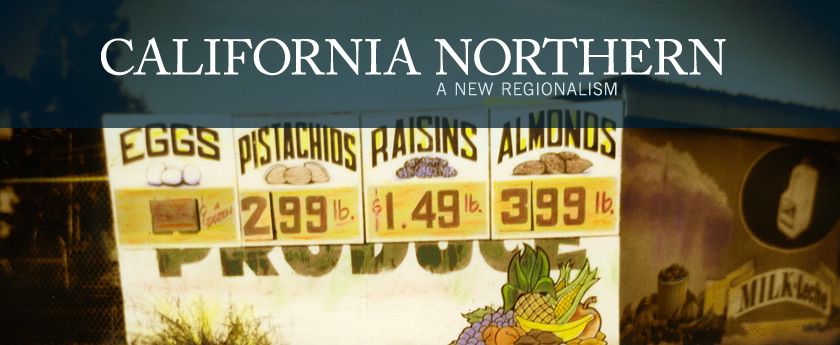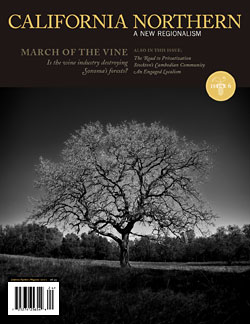Walking in the Sun and the Mud
By María Inés Catalán
I was born in Santa Teresa, Guerrero, Mexico, in 1962. My grandfather was a farmer. He grew peanuts, cotton, chile, and corn, and he raised cattle. I always think of my childhood as a very happy one, because I played in fields of cotton. It was all picked by hand. It was a traditional way of farming. It was rather organic, because we didn’t use chemicals or pesticides at that time. It was all very natural.
My grandfather [was a migrant worker] for some years in the 1960s, for some seasons, in Texas. My mother emigrated to the United States thirty-five years ago, separate from my father. And out of all of my siblings, I was the last one to emigrate to the United States. I came twenty-two years ago. That was only in order to be with my mother and my siblings, because I was basically alone with my children in Mexico then. I brought four children along. The youngest was two months old and the oldest was eight years old.
My father was [also] a migrant worker. What he tells me is that he only came to work, to earn a bit of money so he could support his crops [plant crops on his own land]. [Migrant work is] work that thousands of us people do, coming to labor in the fields. I worked maybe seven years packaging broccoli, cutting broccoli. It’s a very repetitive job. You don’t do anything but that one task for hours and hours and days and months and years. And you don’t have any other option. You don’t get to think about it; you just do what you’re told. You’re just another step in the agricultural process.
My mother worked many years in the fields, and she injured herself while working. She was invited to join ALBA’s [Agriculture & Land-Based Training Association] PEPA [Programa Educativo para Pequeños Agricultores] program. My mother didn’t want to come alone. She invited me and my brother-in-law and my sister along, to see what it was all about. I came just out of curiosity, to find out what organic farming was. So we all began taking classes, my brothers, my sister, my brother-in-law, and I. We heard the explanation of what it was about—that they teach you to handle tractors, that you make your own decisions with your own risks, that you could become a small-scale organic farmer—[and] all of this begins to motivate you to have a certain financial independence and to approach work much more reasonably. Little by little, my brothers had to return to their temporary work. I was the only one who finished. I graduated after three years.
This is an excerpt of “Walking in the Sun and the Mud”

